News
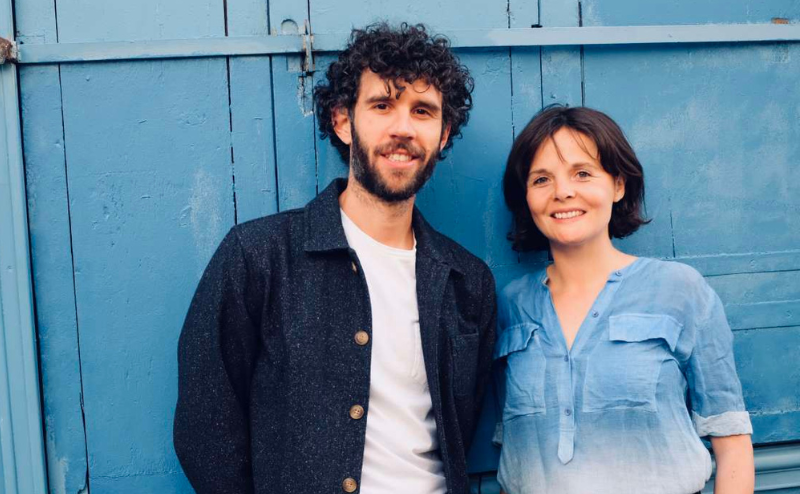
Pauline Seigland and Lionel Massol, award-winning producers
Both graduates of the Licence Gestion de Production Audiovisuelle program, in 2007 and 2008 respectively, Pauline Seigland and Lionel Massol founded their production company, Films Grand Huit in 2015. Winners of 3 Césars and nominated several times at the Cannes, Venice, Locarno and Toronto Film Festivals, they are committed to helping filmmakers make the transition to feature films, and to promoting singular films.
What were your career paths after graduating from your Audiovisual Production Management degree?
Pauline : Lionel learned his trade in production companies, working as the right-hand man to several producers, including Elisabeth Perez, the producer of Catherine Corisini's films. He was also post-production director on Catherine Corsini's La Belle saison.
For my part, I've spent my entire career on film sets. I started out as a production secretary, then became coordinator and finally production manager. I've worked on films by Christophe Honoré and other lesser-known directors.
We both evolved in parallel for a few years before setting up our company in 2015. Little by little, we left our other activities behind to devote ourselves entirely to Films Grand Huit.
What inspired you to set up your own production company?
Pauline : We met at the BTS Audiovisuel in Toulouse, then both went on to study at Gobelins. After that, we often worked for the same production companies, Lionel as an employee and me as a freelancer. We made a good pair, complementing each other very well, and we were also friends in life.
We'd been confronted with a lot of company models, and we wanted to create our own, to do things our own way, to see different films emerge. That was our wishful thinking, and that's what we've managed to achieve so far.
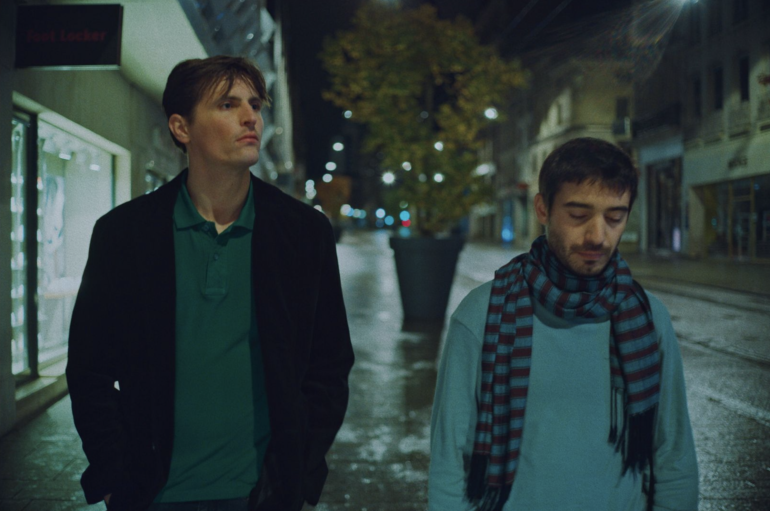
Les Mauvais garçons by Elie Girard
The year 2022 was rich in news, with two Césars for Les Mauvais Garçons (César for best short fiction 2022) and Maalbeek (César for best short doc 2022).
Pauline: Les Mauvais garçons is a medium-length film. It's very difficult to get this type of format to emerge in the existing economy of French cinema, but we were lucky enough to produce it with Arte. The film is directed by Elie Girard, a director we like a lot.
We'd already worked with him as cinematographer on other films, and he's someone we hold in high esteem. He had originally written a radio drama, and thought of us to adapt it for the screen.
We were immediately enthusiastic about the script. The film had an extraordinary life and we were able to release it in cinemas where it had a huge impact, which is rare for films of this format.
Maalbeek is another beautiful story, directed by Ismael Joffroy Chandoutis. We had already seen Swatted, his previous film, made using the same process, a subtle blend of animation, fiction and documentary.
The film has also had a great run, first at Critics' Week, then with the selections that followed everywhere up to the Oscars, where it qualified for 2023!
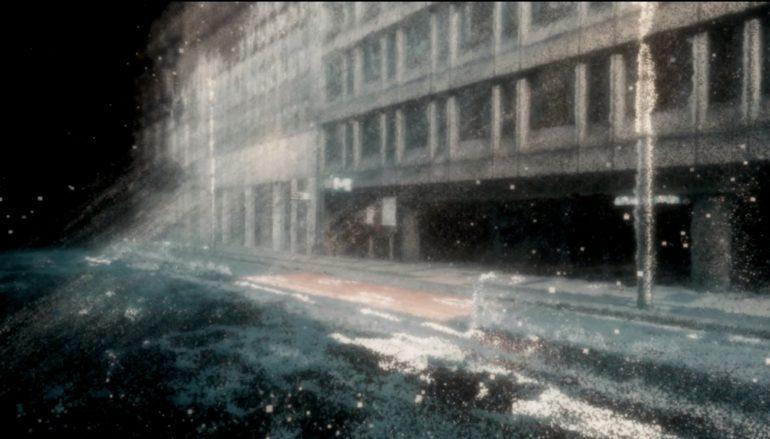
Maalbeek by Ismael Joffroy Chandoutis
As a member of the 50/50 collective, how is this commitment reflected in your work?
Pauline: I was on the board of directors and I'm still a member of the collective, as are Lionel and Jules (our third associate producer).
On the whole, our company is sensitive to questions of parity and diversity, and we think about this on a daily basis to ensure that we are as in tune as possible with our ideas, always trying to do a self-examination to check that we are on the right track.
You've started work on the animated series La Vie de château, based on the 26-minute film of the same name, which won the Jury Prize at Annecy. Can you tell us more about it?
Lionel: Very soon after making the 26 minutes, we wanted to continue telling the story of Violette and Régis. France Télévisions also wanted us to do this.
We discussed the ideal format with Clémence Madeleine-Perdrillat and Nathaniel H'limi, the two directors, and the mini-series was the obvious choice. It allows us to play with the ellipses between episodes, so that Violette can grow up right up to the end of CM2. Financing is nearing completion, and delivery of the series is scheduled for the first half of 2024.
Is animation something you want to work towards in the future?
Lionel : We returned to our first love almost by accident, as we came across each other. We had already produced a short fiction film by Clémence Madeleine-Perdrillat , and it was she who suggested we respond to the call for projects launched by France Télévisions: " Ecrire pour une héroïne contemporaine" ("Writing for a contemporary heroine ").
Our model is to follow our authors wherever they go, whatever format they propose. The idea is really to grow with them.
If the experience of La Vie de château reinforces this desire and shows us that animation can be a viable economic model for the extension of the company, we may be led to produce more animation projects.
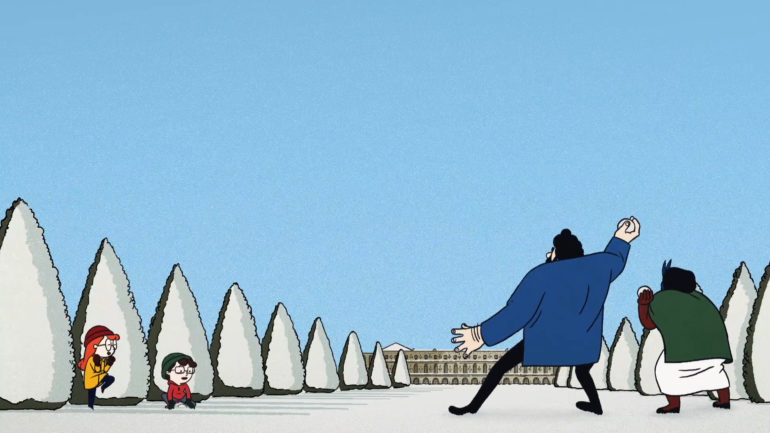
La Vie de château by Clémence Madeleine-Perdrillat and Nathaniel H'limi
Do you often work with Gobelins alumni?
Lionel: Marine Robert-Mérigot, the production manager of the La Vie de Château unit, was in my class, which is why I called on her. What's more, we're co-producing the series with Xilam, so we're working with several other alumni on this project.
Pauline : For my part, I met Mathilde Elu, one of our directors, at Gobelins. I produced her short and now we're going to produce her feature.
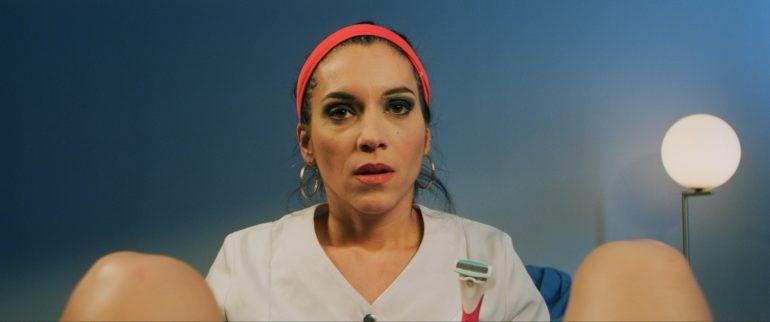
Brazil by Mathilde Elu
You're expanding the company in 2021 with a second office in Quiberon, Brittany.
Lionel: As Pauline is of Breton origin, we've always kept a strong link with Brittany, which is a true land of cinema, for both animation and live-action. With our confinement, we wanted to take a step back from Paris.
The idea is to be able to juggle between offices in Paris and hubs in Brittany to welcome our authors in residence. We're currently fitting out an editing room.
We also want to set up partnerships, notably with the Quiberon cinema, to develop our Breton business organically.
Interview by Sophie Jean









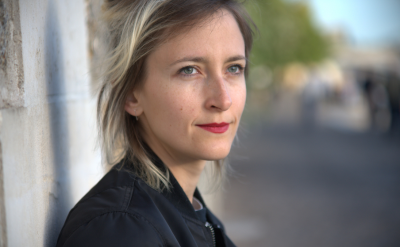


No comment
Log in to post comment. Log in.